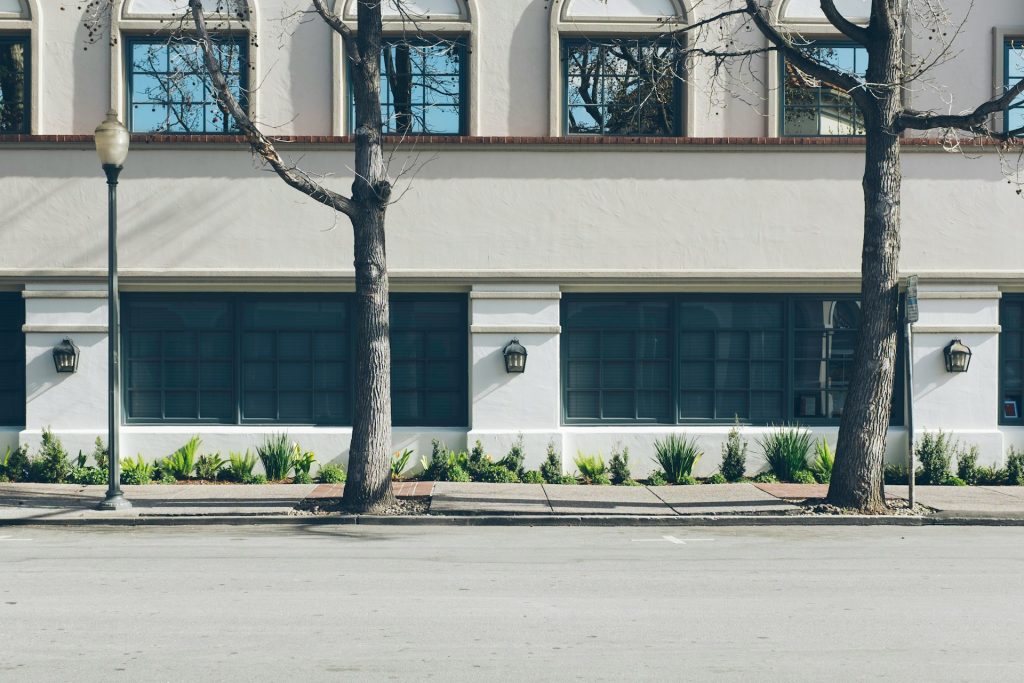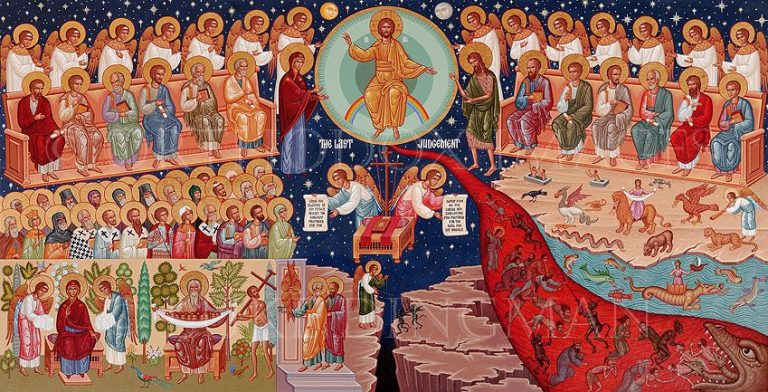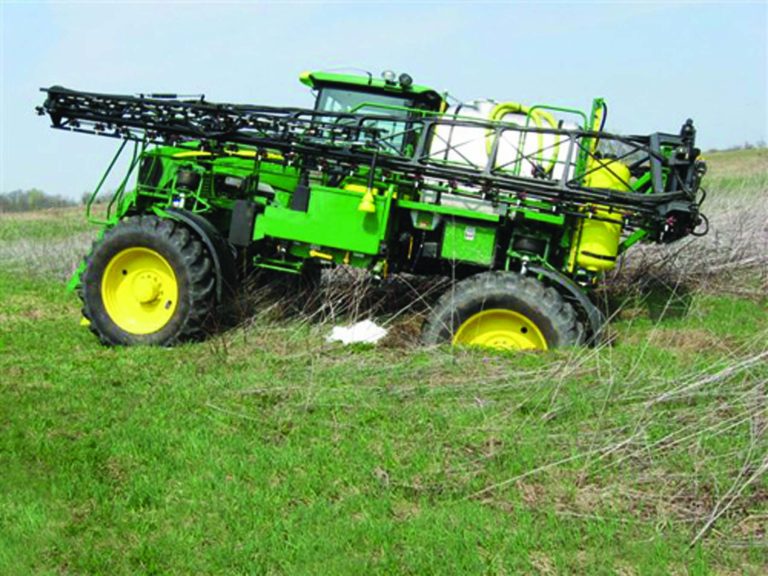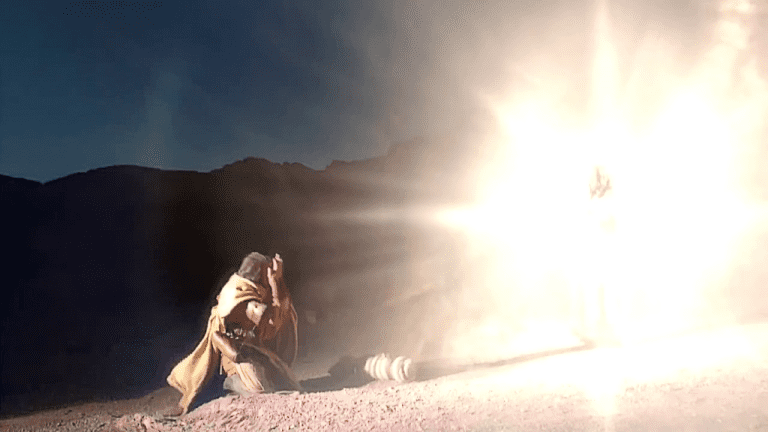Complaining about government waste.
This month’s columns began with governments building streets. The first street was built by a man who said to someone, “If you help me get this street built, I will give you a job inspecting it.” Then, he promised another, “If you help me get this street built, I will hire you to do the necessary excavation.” The next man was told, “If you support the street, I will see to it that you are hired to quarry the stone that we need.” Another was told, if you help me get this street built, you will be appointed to build all the drains.” Someone else was promised the job of collecting tolls. Another was promised the contract for keeping it clean. Soon, so many, many people wanted the street that it was built.
Then, others saw the opportunity. They began to ask about building houses, inns, blacksmith shops, and stores along the street. Permits became required, along with inspections of all the appurtenances that appeared along the street. Many, many peoples’ livelihoods were tied inextricably to the street. That street was connected to other streets. Soon, an entire network of roads began to go through that nation and many others.
After a while, the streets became crowded. Sometimes, people decided, “There are no more opportunities along that street. We need another way.” The original street building process was duplicated. Some repeated the same process with boats, bypassing streets. New streets were built at the termini of shipping lanes. Then, railroads caused a similar disruption, bypassing whole continents full of streets and necessitating new ones. Airplanes caused similar changes.
Taxpayers found that they were still responsible for maintaining and improving the first street. They also had to pay for it and for everything connected to it and all the later transportation changes that appeared. Taxpayers were on the hook for shipping terminals, airports, trains and train stations, and all had to be subsidized because no one could say “No.” to even the most useless transportation activities.
As more money was spent on various transportation projects, taxes were raised. Soon, there was less to transport. Still, no one could say “No.”, though more and more people were going broke. Vast structures, including unions and lobbyists, appeared to maintain the spending upon which families, groups, and entire communities, became utterly dependent.








